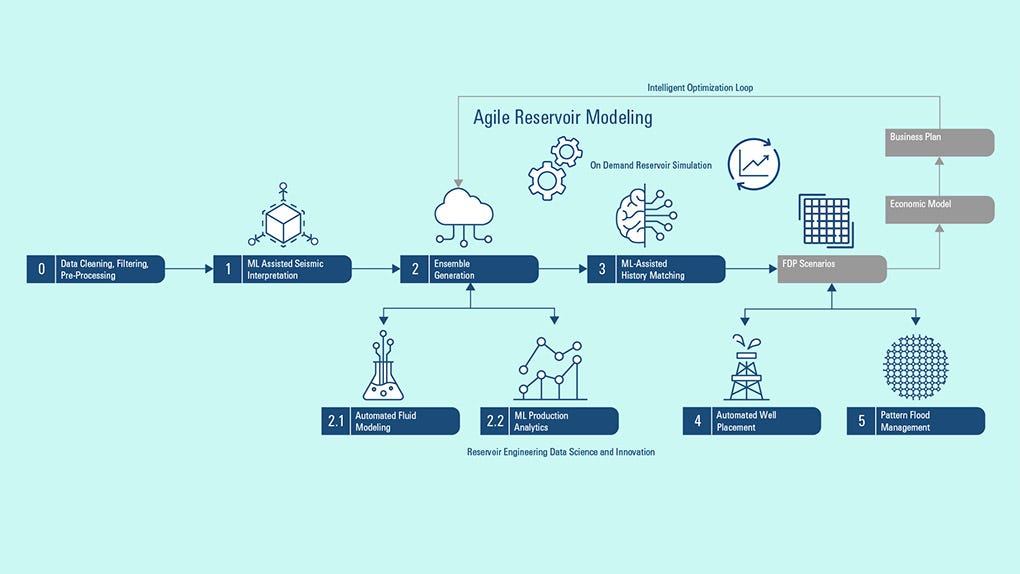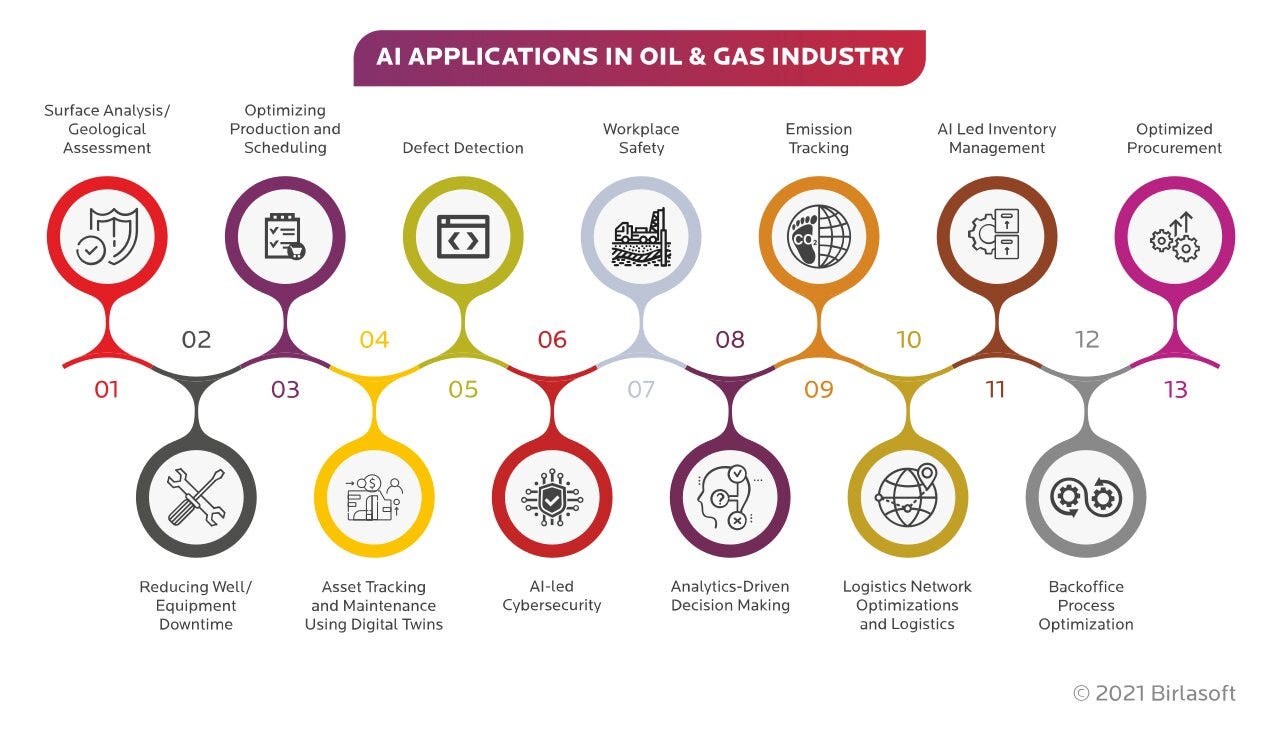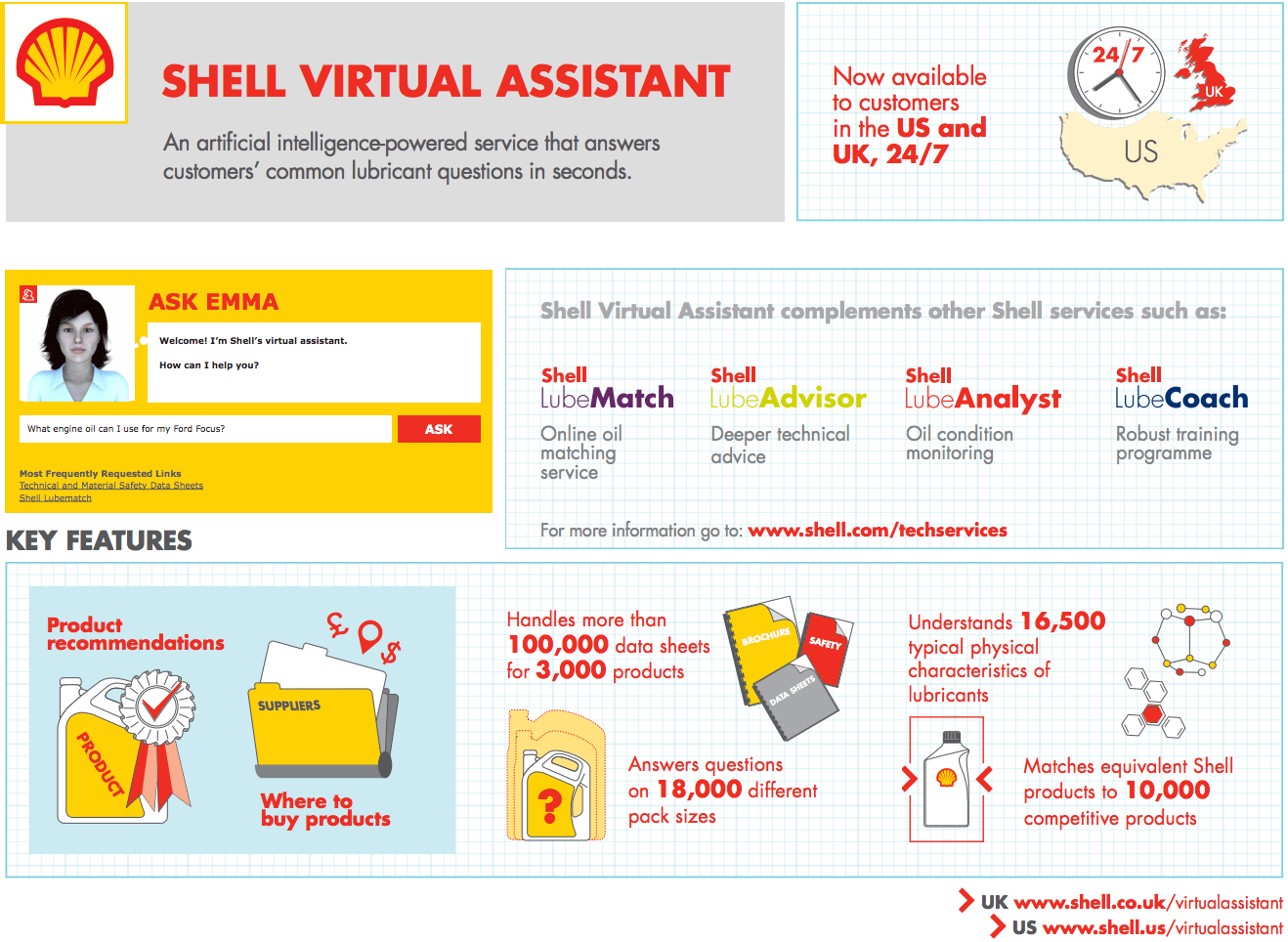
In an era defined by technological innovation, the oil and gas industry has embarked on a journey of transformation, harnessing the power of Artificial Intelligence (AI) to streamline operations, increase efficiency, and reduce environmental impact.
From the corporate boardrooms to the remote well sites, AI is redefining the way this vital sector operates.
AI in Corporate Strategy
At the corporate level, AI has become a cornerstone of strategic decision-making. Advanced algorithms analyze vast datasets, market trends, and geopolitical factors, providing executives with unprecedented insights. These AI-driven predictive models help in optimizing exploration and production strategies, reducing risks, and ensuring sustainable long-term growth.

Reservoir Management
AI plays a pivotal role in reservoir management, where it optimizes the extraction of hydrocarbons. Sophisticated algorithms analyze geological data, well performance, and seismic information to predict reservoir behavior. This enables operators to maximize recovery rates while minimizing environmental impact.
Drilling and Production
On the well site, AI-driven drilling systems have transformed the precision and efficiency of operations.
Autonomous drilling rigs equipped with AI algorithms adjust drilling parameters in real-time, reducing downtime and improving safety. Predictive maintenance powered by AI ensures that equipment is serviced before failures occur, minimizing costly interruptions.

Safety and Environmental Impact
Safety and environmental considerations are paramount in the oil and gas industry. AI-powered sensors continuously monitor for leaks, equipment malfunctions, and other safety hazards.
AI also plays a crucial role in emissions monitoring and reduction, helping the industry move towards more sustainable practices.
Supply Chain and Logistics
AI streamlines supply chain and logistics management, optimizing the movement of personnel, equipment, and materials. Predictive analytics ensure that resources are allocated efficiently, reducing operational costs and carbon footprints.
Remote Monitoring and Control
The integration of AI extends to remote well sites and offshore platforms. Operators can remotely monitor and control equipment, making real-time adjustments to optimize production and safety.
This capability has been especially valuable during the COVID-19 pandemic, enabling operations to continue with minimal on-site personnel.
Shell: Shell, one of the leading energy companies, has been at the forefront of integrating AI into its operations in the oil and gas sector, leveraging AI for various purposes in exploration, production, and optimization of processes.
BP (British Petroleum): BP has embraced AI to improve its exploration and drilling operations. The company employs AI algorithms to analyze data and enhance decision-making processes in oil and gas exploration.
ExxonMobil: ExxonMobil is another major player in the industry that has embraced artificial intelligence. The company uses AI for reservoir management, drilling optimization, and predictive maintenance to enhance efficiency and reduce downtime.

Challenges and Future Outlook
While AI has brought numerous benefits to the oil and gas industry, challenges remain. Data security, the need for skilled AI professionals, and the ethical implications of AI deployment are ongoing concerns.
Additionally, the industry faces increasing pressure to reduce its environmental impact, which will require further innovation in AI-driven sustainability initiatives.
The future of the oil and gas industry is undeniably intertwined with AI. As technology continues to advance, we can expect even more sophisticated AI solutions that enhance efficiency, safety, and sustainability.
As this crucial sector adapts to the demands of the 21st century, it does so with AI as a trusted ally in its pursuit of a more efficient and environmentally responsible future.

